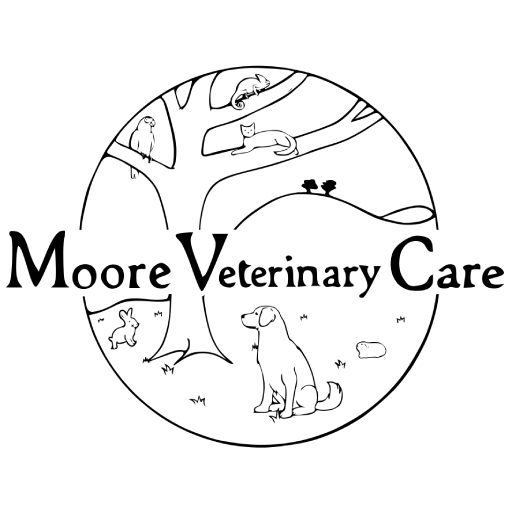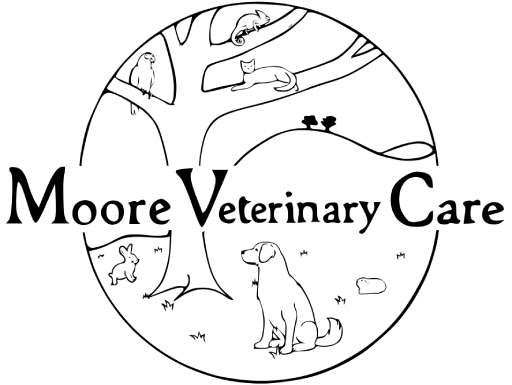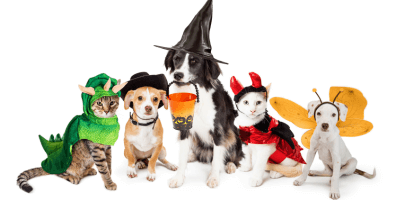The ASPCA Animal Poison Control Center is flooded with calls every Halloween from worried pet owners and veterinarians who need help. To help you prepare for the big night, here is a list based on our most commonly noted problems.
1. Lock Candy Away
Kids love to stash candy in their rooms, but a dog’s keen sense of smell will lead him to even the most cleverly hidden treasure. Contact a veterinary professional right away if your pet does get into Halloween candy, especially if it contains chocolate or is sugar-free and contains xylitol.
2. Ditto the Glow Sticks
Glow sticks are used to help keep kids safe while they are out in the dark. Pets (especially cats) find these glow sticks to be a lot of fun and often puncture them. While most of the sticks are labeled as non-toxic, they do have an extremely bitter taste and pets who bite into them may begin drooling and racing around the house. A little treat or sip of milk will usually stop the taste reaction.
3. Have Pets Identified and Visible
There are a lot of extra people on the streets at Halloween, and that combined with strange costumes can spook pets and cause them to bolt. If you take your pet out after dark, make sure he or she wears a reflective collar and is securely leashed. And make sure your pet has proper identification on the collar.
4. Keep Pets Calm
Even pets who are kept indoors may experience intense anxiety over the large number of strangely dressed visitors. Keeping your pet away from trick-or-treaters may do the trick, but if you think more will be needed be sure and speak with your vet well in advance about options to help calm your pet.
5. Check Those Costumes
Costumes can be fun for the whole family. However, if you are planning on dressing up your best bud, ensure that the costume fits well and isn’t going to slip and tangle the pet or cause a choking hazard if chewed on. And never leave a costumed pet unattended.
Provided by the ASPCA Animal Poison Control Center ASPCApro.org


